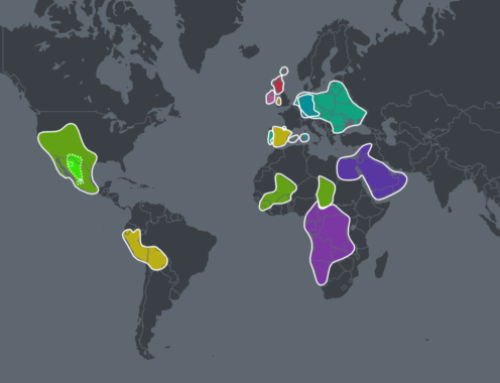Years ago, I wrote and recorded a story for the weekly public radio program “This American Life,” chronicling my struggle with hypochondria and anxiety. The program is celebrating its 25th anniversary! I just discovered the episode, “Mapping,” is a recommended staff favorite.
Here’s what host Ira Glass wrote about the show: “No we did not invent this episode while stoned. I swear. Five acts, each mapping the world a different way: Sight, sound, smell, touch, taste. A totally weird, great array of stories.”
Yay! You can listen to my story, “Touch,” here. (Note: I wrote it under my married/news career name of Deb Monroe).
But the real reason to cheer?
I no longer suffer from hypochondria. And I have not in many years.
Back then, I wouldn’t have thought it possible because it once consumed my life. I could not go thirty minutes without thinking about a lump I imagined somewhere on my body, or an ache that must foretell an undiagnosed degenerative disease, or wondering if that little pain that pinged my temple would mean I’d fall over, dead of an aneurysm.
You get the picture. Instead of enjoying my life—my husband, two little girls, and good friends—my thoughts drifted from joy and light to fear and darkness.
Why? Why did I do this?
The story I told is long overdue for an update.
For a while, I took anti-anxiety medications, but they did little to make the anxiety about my health go away. It merely masked it.
I found a sympathetic therapist I connected with and spent many months working through the issue.
My hypochondria was connected to my unacknowledged resentment at having much of the responsibility for my adoptive mother’s care as her Alzheimer’s progressed. The same mother who refused to speak with me for years because I’d gone away to college, after a lifetime of using the silent treatment to punish and control me.
When my father expected me to step in and care for her—never mind I had young children and freelance work—I panicked, with the panic soon giving way to anger and resentment.
But good Mexican American daughters do not have those feelings toward their mothers. They are selfless.
I buried those emotions.
But guess what happened? They wanted out. They demanded acknowledgment. And out they came, in the fleeting form of minor aches, pains, twinges, imagined lumps, and strange sensations in my head.
Only when I could finally admit my resentment—okay, more like fury—was I able to banish the demon that possessed my thoughts and zapped my joy. Years wasted, head stuck in The Merck Manual, consumed with useless worry.
Writing about this difficult subject in several hundred words is to trivialize the suffering that hypochondria inflicts.
But if I—a once hopeless, hot mess hypochondriac—can overcome this disorder, I’m inclined to believe others can, too. That said, I am not a mental health expert and I am not dispensing any specific advice, just sharing my experience.
After a lot of hard work, I broke out of the cycle and habit of mapping my body for signs of failing health.
Whew!




Leave A Comment